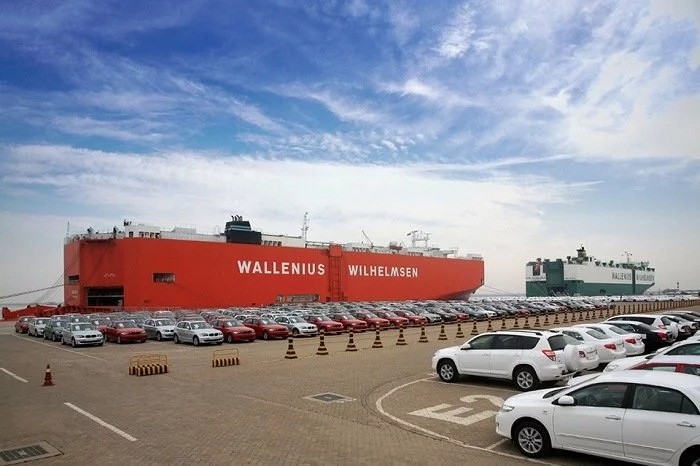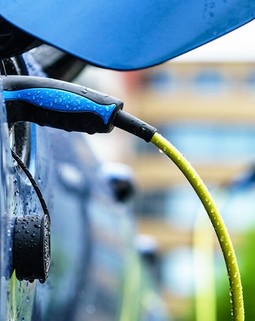Tanzania has solidified its position as the leading African nation in the importation of used cars from Japan. According to industrial figures released in 2024, the East African country imported a staggering 46,944 used vehicles from January to August of that year. This remarkable figure places Tanzania third globally in terms of used car imports from Japan.
A Growing Trend in Africa
The trend of importing used cars from Japan has been steadily increasing across the African continent. In 2024, several African nations significantly boosted their imports of Japanese used vehicles:
- Kenya: 38,861 units
- South Africa: 33,900 units
- Uganda: 19,440 units
- DR Congo: 14,224 units
- Zambia: 9,848 units
- Zimbabwe: 7,557 units
Why the Surge in Demand?
Several factors contribute to the rising popularity of used Japanese cars in Africa:
- Affordability: Used cars are generally more affordable than brand-new vehicles, especially considering the high import duties and taxes imposed on new cars.
- Reliability: Japanese cars are renowned for their durability and reliability, making them a wise investment for African consumers.
- Fuel Efficiency: Japanese vehicles often offer excellent fuel economy, which is crucial in a continent where fuel prices can be volatile.
- Resale Value: Due to their quality and popularity, used Japanese cars tend to retain their value well, making them a sound financial choice.
The Role of the Port of Dar es Salaam
The Port of Dar es Salaam plays a pivotal role in facilitating the import of used cars into Tanzania, the Democratic Republic of Congo, and Zambia. Its strategic location and efficient operations make it a key hub for the automotive industry in the region.
A Global Perspective
While Africa is a major market for used Japanese cars, other regions also contribute to the global demand. In August 2024, the United Arab Emirates (UAE) emerged as the top importer of used Japanese cars, followed by Russia and Tanzania.
The Future of Used Car Imports in Africa
As Africa's economies continue to grow and the middle class expands, the demand for reliable and affordable transportation is expected to soar. Used Japanese cars are likely to remain a popular choice for many African consumers, driving further growth in the import market.
However, it's essential to address concerns related to vehicle quality and environmental impact. Stricter regulations and quality control measures may be necessary to ensure that imported used cars meet safety and emissions standards. Additionally, promoting sustainable transportation options, such as electric vehicles, could help reduce reliance on fossil fuel-powered vehicles.
In conclusion, the importation of used cars from Japan has become a significant trend in Africa, particularly in countries like Tanzania, Kenya, and South Africa. The affordability, reliability, and fuel efficiency of these vehicles have made them a popular choice for African consumers. As the continent continues to develop, the demand for used cars is likely to remain strong, shaping the future of the automotive industry in Africa





